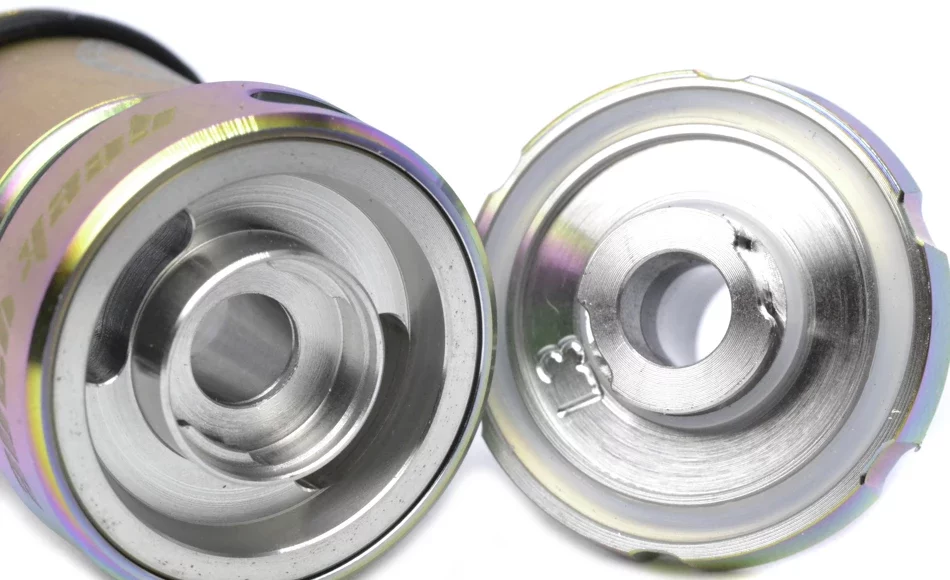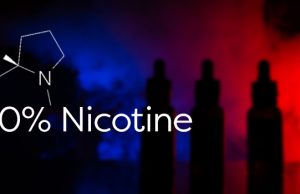When vapes first appeared on the market, many assumed this would be of great benefit to the environment as people would toss less cigarette butts on the ground. However, e-cigarette waste wound up being problematic due to the complexity of separating out the different materials, usually a combination of glass, metal, and plastic, as well as containing toxic chemicals and increased plastic use.
Safe disposal got complicated
An article of Earth 911 listed the number of components which together make safe disposal complicated:
- “A cartridge that holds the e-liquid
- E-liquid containing propylene glycol, flavoring, and nicotine or THC
- An atomizer that heats the liquid
- A microprocessor
- A rechargeable battery (usually lithium-ion)
- A sensor
- An LED light
- A mouthpiece that activates the device when the user inhales”
Naturally, these components pose a recycling problem, yet theoretically one could separate the electronic components and bring them to a facility that accepts e-waste.
Toxic chemicals
Given that most e-liquids contain nicotine, ideally they are not disposed of in the garbage, recycling bin or down the drain, as it can contaminate water systems and/or poison some organisms. Other e-liquids may contain THC oil, which is considerably sticky, making recycling nearly impossible.
An even bigger problem are Lithium-ion batteries. They are classified as hazardous waste and need to be handled properly. Under certain conditions, lithium-ion batteries can catch fire or explode, therefore improper disposal may harm consumers and sanitation workers.
Earth 911 is offering the following guidance on e-waste disposal:
“Recycling Options
There aren’t many options for recycling vapes. TerraCycle offers vape recycling through their mail-in Zero Waste Box. However, these boxes won’t actually leave you with zero vape waste. TerraCycle does not accept lithium-ion batteries or toxic materials. They also don’t accept cartridges, ruling out quite a bit of vape waste. The cost for an 11”x11”x 20” box is $135.
A very few sellers of vaping products offer free products in exchange for vapes or cartridges returned for recycling. Sellers often lose money on such programs, which is why there are so few.
Another option for at least turning in vapes is through the Drug Enforcement Agency (DEA). The DEA hosts prescription drug take-back events to prevent prescription drug abuse. In 2020, they added vapes and cartridges to the list of materials they accept. The program does not accept lithium-ion batteries.
Search Earth911’s recycling database to find a recycling location for lithium-ion batteries near you — just enter your ZIP code.
FDA Advice on Vape Disposal
The FDA states that all e-cigarette waste and e-liquid waste should be handled as household hazardous waste (HHW). They offer the following guidance:
- Check with state and local resources for regulations and hazardous waste collection sites.
- Seal used vapes and keep no longer than 90 days before disposal.
- Do not rinse e-liquid from cartridges — it will contaminate water.
- Avoid getting e-liquid on skin, as it can be toxic.
- Keep vapes away from kids and pets — the nicotine can be poisonous.
Find a location for HHW disposal near you.
Use Your Voice To Request a Solution
Ultimately, the onus of proper vape disposal falls on the consumer. What can you do? If your favorite brand doesn’t offer a takeback program for recycling their spent vape products, ask the company to provide one. You can also start a petition or contact your city and state representatives and tell them you support extended producer responsibility laws that require manufacturers to support recycling the products they make at their end of life. Your voice may help make a difference.”












